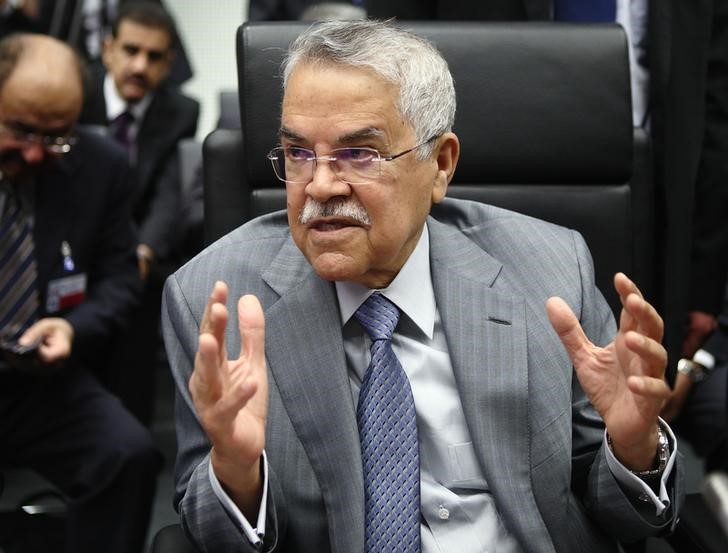Investing.com - Oil prices soared nearly 6% in Europe trade on Tuesday, on news that oil ministers from top producers Saudi Arabia and Russia will meet in Qatar later in the day, fueling speculation of a coordinated cut in crude output.
Saudi Arabia’s Ali al-Naimi and Russia’s Alexander Novak will hold talks together with their counterparts from Venezuela and Qatar in Doha on Tuesday, according to sources.
Global oil prices surged more than 12% on Friday after a report once again suggested OPEC might finally agree to cut production to reduce the world glut.
However, traders remain skeptical over the potential for an agreement as Saudi Arabia has so far resisted the idea of OPEC resuming its traditional role of pulling back production during price downturns.
Oil futures are down nearly 70% since the summer of 2014. Global crude production is outpacing demand following a boom in U.S. shale oil and after a decision by OPEC last year not to cut production in order to defend market share.
Crude oil for delivery in March on the New York Mercantile Exchange jumped to an intraday peak of $31.08 a barrel, the most since February 8, before falling back slightly to trade at $31.00 by 07:45GMT, or 2:45AM ET, up $1.55, or 5.28%.
There was no settlement in Nymex crude prices on Monday, due to the President’s Day holiday in the U.S.
On Friday, New York-traded oil surged $3.23, or 12.32%, its biggest one-day gain in seven years, as a renewed possibility of coordinated production cuts prompted investors to close out bets on lower prices.
Despite recent gains, U.S. oil prices are down nearly 17% so far this year. Futures slumped to a 13-year low of $26.05 last Thursday, as record crude inventories at the Cushing delivery hub underlined concerns over a supply glut.
Elsewhere, on the ICE Futures Exchange in London, Brent oil for April delivery rallied $1.77, or 5.32%, to trade at $35.16 a barrel after hitting a daily high of $35.35. London-traded Brent prices inched up 3 cents, or 0.09% on Monday.
Brent prices are down almost 6% in 2016 as investors worried that a huge oversupply in crude was coinciding with a global economic slowdown.
Meanwhile, Brent's premium to the West Texas Intermediate crude contract stood at $4.16 a barrel.
